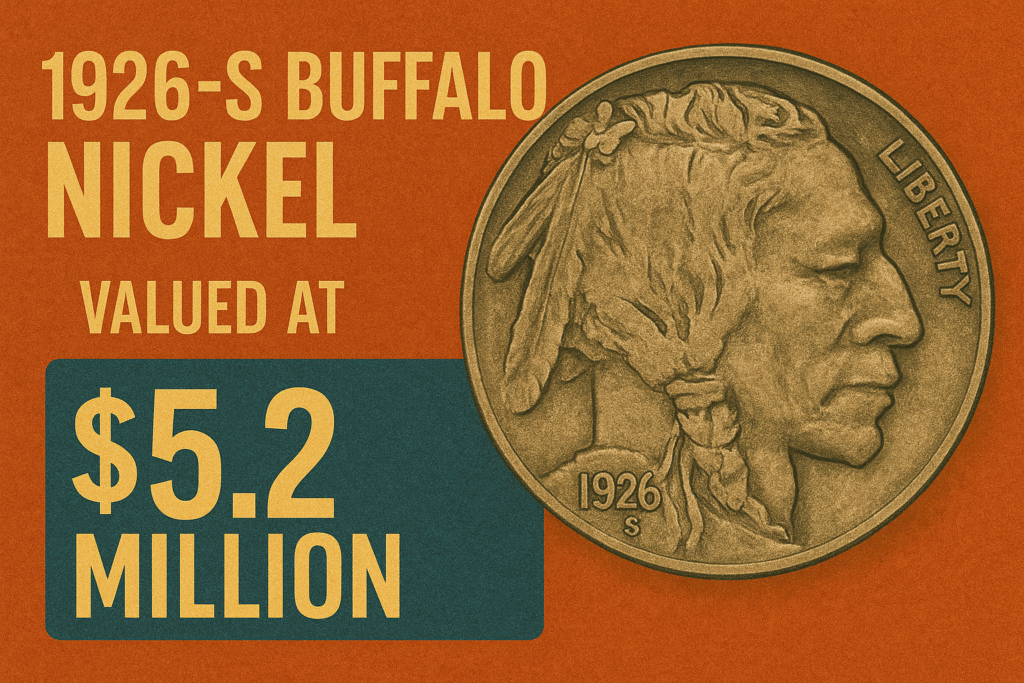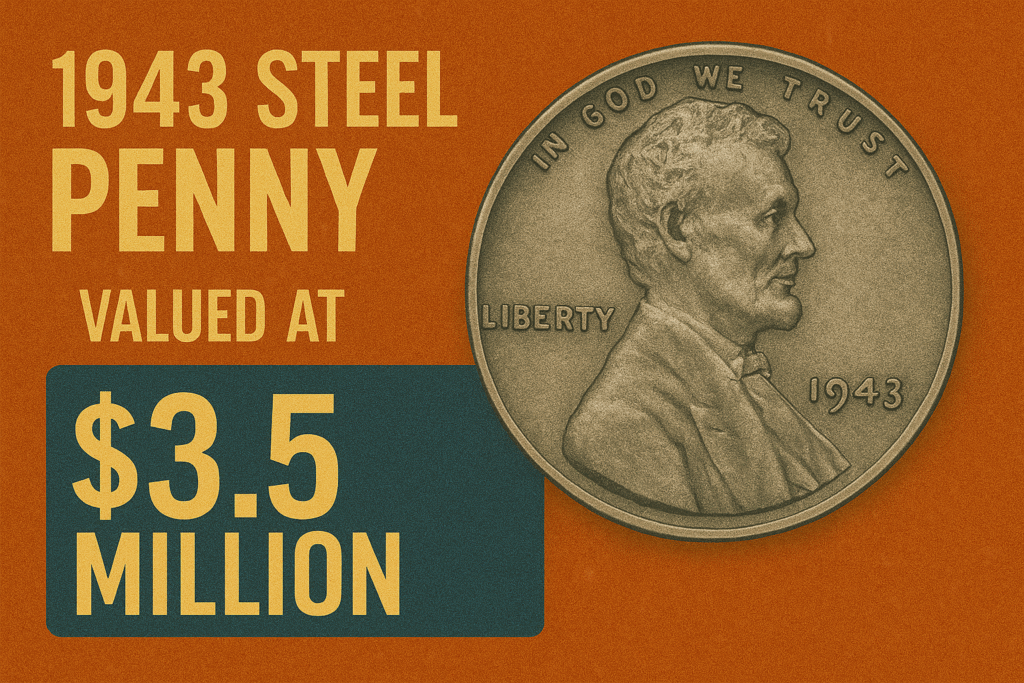In 1976, the United States celebrated its 200th birthday, also known as the Bicentennial. To mark this special occasion, the U.S. Mint released a unique quarter coin featuring a famous image of a colonial drummer boy on the back, instead of the usual eagle design. These quarters are often called Bicentennial Drummer Boy Quarters. Many people who have these coins wonder if their quarters are worth more than their face value of 25 cents. In this article, we will explain the value of the Bicentennial Drummer Boy quarter, how to identify special coins, and what affects their price today.
What is the Bicentennial Drummer Boy Quarter?
The Bicentennial Drummer Boy quarter was issued in 1975 and 1976 to celebrate the 200th anniversary of the United States. The coin’s front side still shows the familiar image of George Washington, but the back side features a colonial drummer boy with a drum, a symbol of American patriotism and history.
This coin was made for general use and millions were produced, which means most of these coins are still worth 25 cents. However, some rare versions or well-preserved coins can be valuable to collectors.
Factors That Affect the Value of the Bicentennial Quarter
Several things influence how much your Bicentennial Drummer Boy quarter could be worth:
- Condition (Grade): Coins that look new and have no scratches or wear are worth more.
- Mint Mark: The letter on the coin shows where it was made — “D” for Denver, “S” for San Francisco, and no mark for Philadelphia. Coins from the San Francisco mint tend to be more valuable.
- Proof vs. Circulated: Proof coins are special versions made for collectors, with shiny finishes. Circulated coins were used in everyday transactions.
- Errors: Coins with mistakes during production (like missing letters or doubled images) can be more valuable.
- Rarity: Some coins were made in smaller numbers and are harder to find, increasing their value.
Bicentennial Drummer Boy Quarter Value Table
| Type of Coin | Typical Value Range | Key Features |
|---|---|---|
| Circulated Quarter (No Mint Mark) | 25 cents to $1 | Common, worn from use |
| Circulated Quarter (D or S Mint Mark) | 25 cents to $1.50 | Slightly more valuable due to mint location |
| Uncirculated Quarter (No Mint Mark) | $2 to $5 | Looks new, no scratches |
| Uncirculated Quarter (D or S Mint Mark) | $3 to $10 | Mint condition, rare mint marks |
| Proof Quarter (S Mint Mark) | $10 to $20+ | Special collector’s coin, shiny finish |
| Error Coins | Varies widely, up to $100+ | Production mistakes, very rare |
How to Identify Your Coin’s Mint Mark and Condition
- Mint Mark Location: On the Bicentennial quarter, the mint mark is found on the front side, near Washington’s ponytail and below the word “LIBERTY.”
- Condition: Look closely at the coin. Is it shiny and new-looking? Or is it worn and dull? Check for scratches, dents, or dirt.
- Proof Coins: These have a mirror-like background and frosted designs. They usually come in special sets from the Mint.
Should You Keep or Sell Your Bicentennial Quarter?
If you have a common circulated Bicentennial quarter, it is mostly worth 25 cents. However, if you find an uncirculated coin or one with an “S” mint mark, it could be worth a few dollars. Proof coins and error coins might be worth even more. If you want to find out the exact value, consider having your coin graded by a professional coin dealer or numismatist.
How to Take Care of Your Bicentennial Quarter
To keep your quarter in the best condition:
- Handle the coin by the edges only.
- Store it in a dry place, preferably in a coin holder or case.
- Avoid cleaning the coin as it can reduce its value.
- Keep coins away from moisture, heat, and dirt.
Conclusion
The 1776-1976 Bicentennial Drummer Boy quarter is a fun piece of American history. While most of these quarters are only worth their face value of 25 cents, some special versions can be worth more. By checking the coin’s condition, mint mark, and whether it is proof or has any errors, you can learn if your quarter has extra value. If you think your coin might be special, consider showing it to a coin expert for a better idea of its worth.
FAQ’s
Is the 1776-1976 Bicentennial quarter rare?
No, millions were made, so most are not rare. However, some special versions like proof coins or error coins can be rare.
What makes the “S” mint mark quarters more valuable?
“S” mint mark quarters were made in San Francisco and usually were proof coins or made in smaller numbers, making them more collectible.
Can I sell my Bicentennial quarter for a lot of money?
Most quarters are worth about 25 cents, but if your coin is in perfect condition or has a rare mint mark or error, it might be worth more.
How can I tell if my quarter is a proof coin?
Proof coins have a shiny, mirror-like background and frosted designs. They also have a sharp, detailed look compared to regular coins.
Should I clean my Bicentennial quarter to make it more valuable?
No, cleaning coins usually lowers their value. It is best to keep the coin in its original condition.


